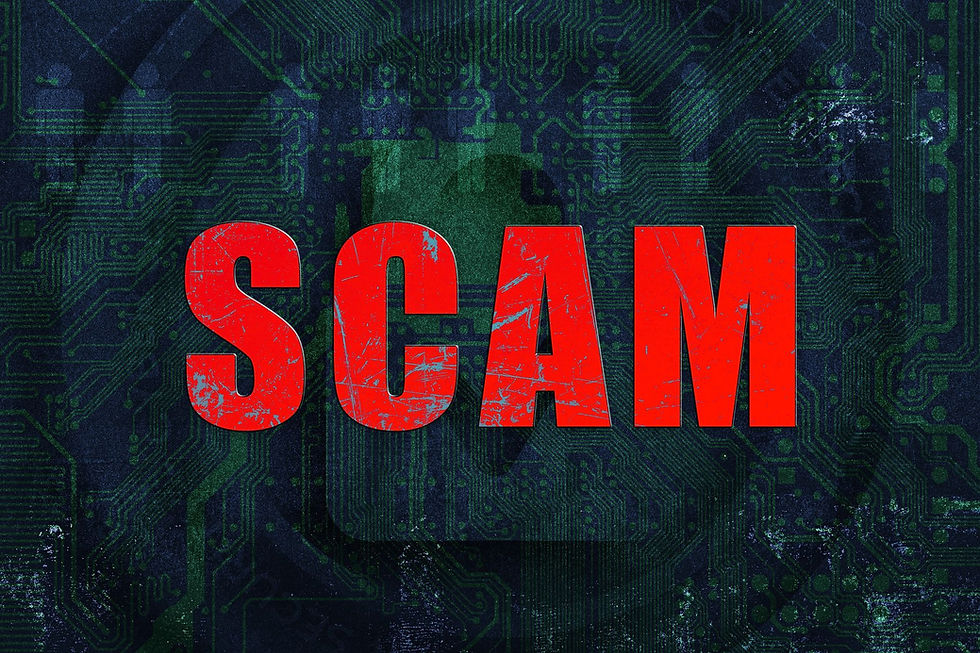Visa Unveils Scam Disruption Practice to Strengthen Global Fraud Protection
- manoj klumar
- Mar 12
- 1 min read

Visa has introduced its Scam Disruption Practice, an advanced fraud prevention initiative designed to detect, prevent, and mitigate financial scams across the global digital payment ecosystem. With the rise of cyber fraud, this program aims to safeguard consumers, financial institutions, and businesses against evolving threats like phishing, identity theft, unauthorized transactions, and digital payment fraud.
Leveraging AI-driven fraud detection, real-time transaction monitoring, and data analytics, the Scam Disruption Practice identifies suspicious activities before financial losses occur. This initiative reinforces Visa’s commitment to strengthening cybersecurity, securing digital transactions, and reducing financial risks for users worldwide.
Visa’s multi-layered security framework integrates several key elements, including AI-powered transaction analysis to detect fraud patterns, automated scam alerts to notify users and institutions, behavioral biometrics to monitor payment behaviors, and global fraud intelligence sharing to collaborate with banks and cybersecurity firms. Additionally, multi-factor authentication (MFA) enhances security by requiring extra verification for sensitive transactions.
With billions lost annually to financial fraud, criminals are using social engineering, deepfake technology, and AI-driven phishing scams to deceive users. Visa’s initiative proactively combats these threats, ensuring a safer digital payment experience.
The Scam Disruption Practice benefits consumers and businesses by enhancing fraud detection, enabling real-time scam prevention, securing digital transactions, and minimizing financial risks caused by cybercriminals. Visa encourages users to remain vigilant, enabling security features like transaction alerts, biometric authentication, and fraud reporting tools to strengthen their digital payment security.



Comments